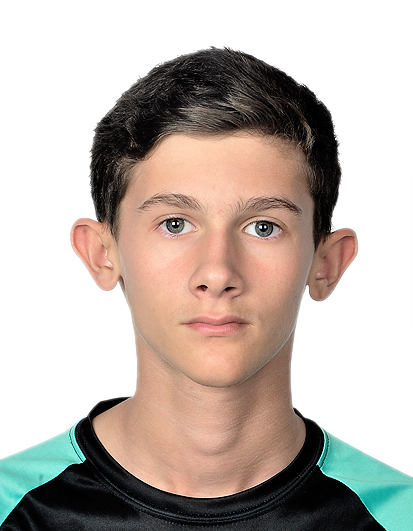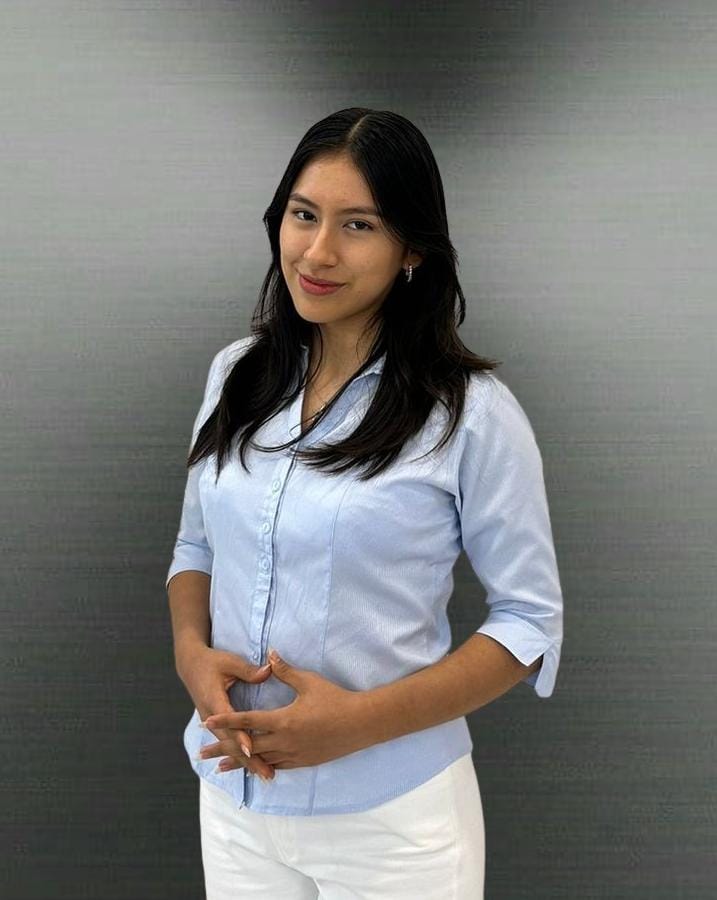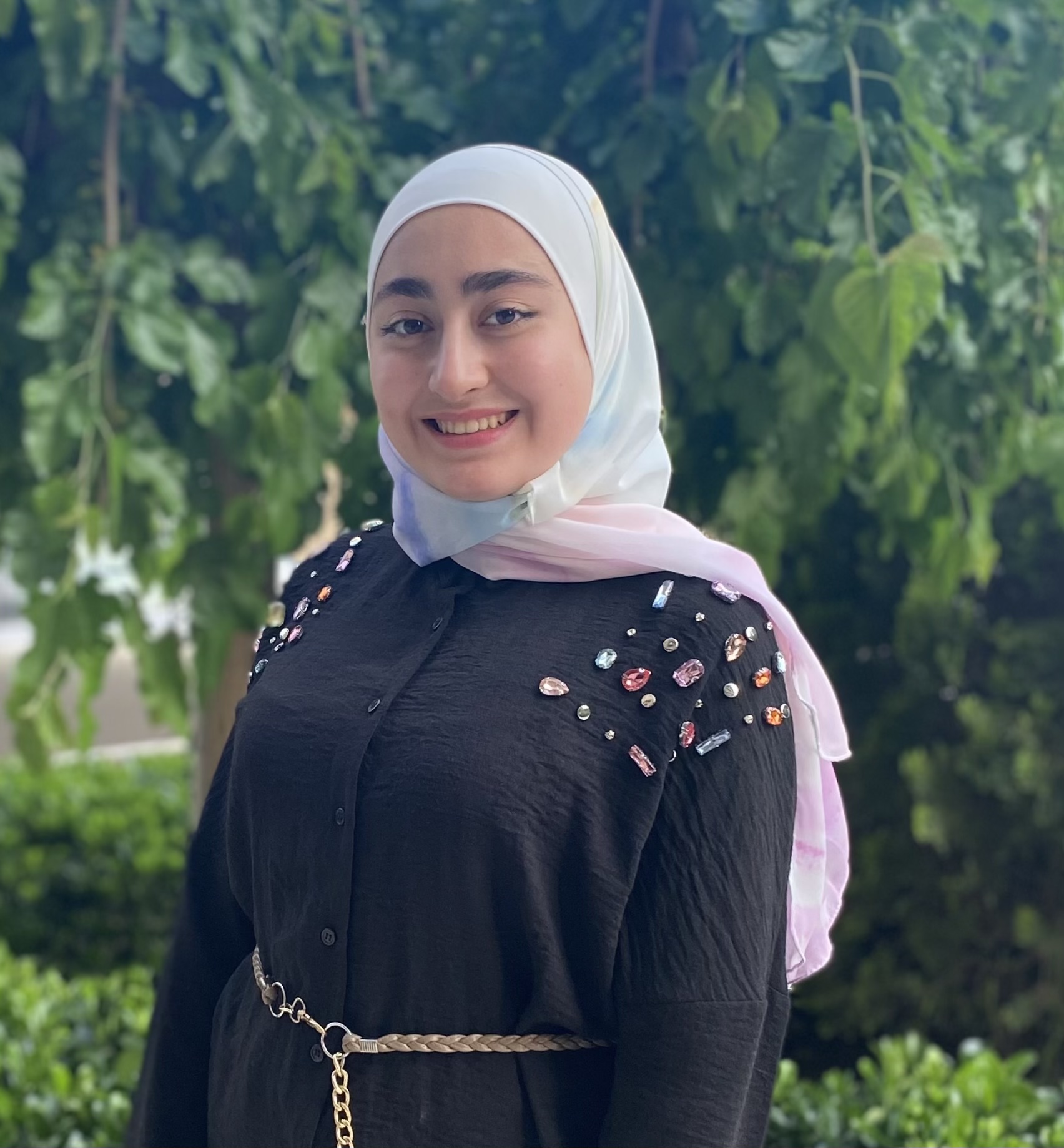How a 16-year-old Transformed Her Multicultural Experiences Into Published Academic Research on Episodic Memory and Culture
At just 16 years old, Angelina Souaidan has achieved what many graduate students aspire to accomplish. Her comprehensive research paper, "The How and Why of the Effects of Culture on Episodic Recal" was published in the International Journal of High School Research (IJHSR) in June 2025, marking a significant milestone in her academic journey as an Indigo Research IRIS Summer 2024 student and Next-Gen Scholar.
Angelina's research journey began with her lived experience in Lebanon, where she navigates three official languages daily: Arabic, French, and English.
"One thing that I have lived with all my life, being in Lebanon, is being exposed to multiple cultures at once, because there are three official languages. So everyone here speaks three languages, and each of these languages brings a different cultural background and different ideologies and views about the world," she explains.
This unique multicultural environment sparked her curiosity about how different cultures might affect cognitive processes like memory formation. Her published research explores fascinating questions: Why do people from Western cultures remember events from around age 3½, while their Eastern counterparts typically recall memories 6 to 17 months later? How do cultural practices, self-construal, and parental communication styles shape our earliest memories?
Through an extensive literature review, Angelina synthesized scattered research into a cohesive framework, arguing that three main cultural components work together to influence episodic recall: socialization practices (including the value given to the past and cultural traditions), cultural self-construal (how individuals define themselves in relation to others), and parental narrative styles when discussing past events with children.
Her research reveals compelling findings. For instance, when Japanese children are asked about an injury, they typically describe multiple incidents without specific details, influenced by haiku-style discourse patterns embedded in their culture. In contrast, Western children focus on one specific incident with rich detail and emotional context.
Her Curiosity Led Her to Career Clarity
Angelina's path to research wasn't predetermined. About a year before joining Indigo Research, she attended psychology discussions at a local café in Beirut, where she was introduced to the field and learned about research-based career paths. "I think that I'm a person who really likes knowledge and learning, and I can't really see myself at any point in my life where I'm not learning something new every day," she reflects.
"My biggest achievement would be overcoming my fear of just putting myself out there and talking to people. This is something that I really struggled with," she explains.
The program's collaborative environment helped her develop confidence in academic discourse.
Working under Dr. Hannah T., Angelina navigated the challenging process of developing her research topic, beginning with broad reading in the Handbook of Cultural Psychology before narrowing her focus through extensive literature exploration. Despite having no prior formal psychology background, the program's intensive approach provided the foundational knowledge she needed.
Her experience has crystallized her academic aspirations. She now plans to pursue additional independent research throughout her remaining high school years and has set her sights on Columbia University, where she hopes to double major in psychology and comparative literature. "I think this program helped me to really kind of be sure that this is what I want to do for the rest of my life," she says about her commitment to a research career.
For future applicants, Angelina's advice is direct: "Just apply. Don't think about it twice." She applied on the deadline day, knowing that hesitation would have prevented her from taking the leap. Her story demonstrates how early exposure to high-level academic research can transform not just knowledge, but confidence and career direction, proving that groundbreaking research knows no age limits.
.jpeg)


.jpg)
